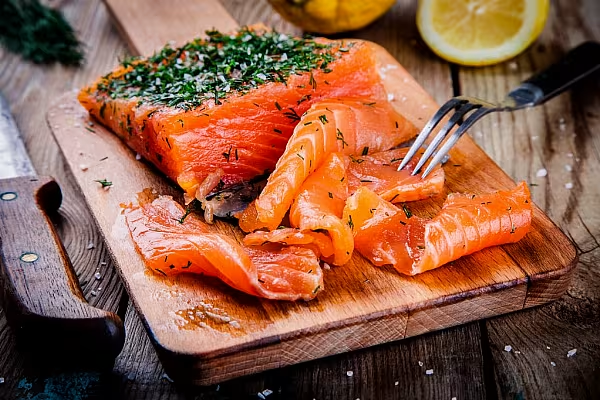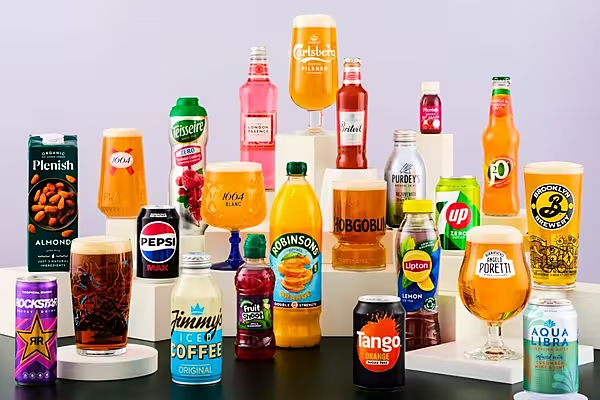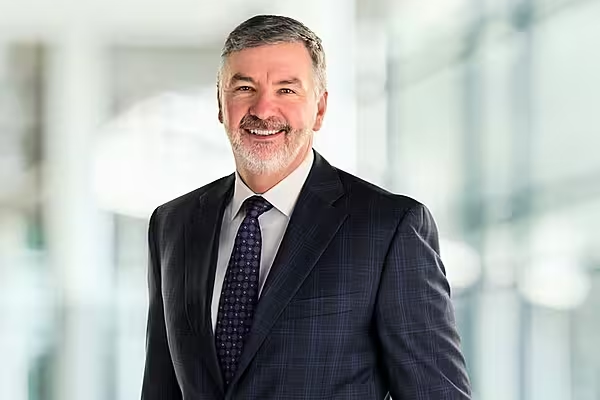Grieg Seafood has reported negative operational EBIT of NOK 67 million (€5.9 million) in the fourth quarter, compared with earnings of NOK 156 million (€13.7 million) in the year-ago period.
Andreas Kvame, CEO of Grieg Seafood, described the period as a 'tough' quarter with performance impacted by various biological events.
Kvame explained, “Our results in the fourth quarter were impacted by continued weak biological performance in Finnmark. The Spiro parasite, winter ulcers and jellyfish have impacted survival rates and operational efficiency in Finnmark and led to reduced volumes, increased handling costs, and lower price achievement.
“I am not satisfied with the results, and we have taken measures to address the challenges both in the short and medium term.”
Harvest volume amounted to 21,767 tonnes in the fourth quarter, up 3% compared to 21,186 tonnes in the same period last year.
Rogaland and Finnmark accounted for 58% of the group's harvest volume, while 28% was from British Columbia and 15% from Newfoundland.
The company added that around 76% of the harvested volume in the quarter was ASC-certified.
Other Highlights
Grieg Seafood added that the estimated total loss due to Spiro since it was detected in 2022 at its freshwater facility in Finnmark amounted to NOK 900 million (€78.93 million).
The company has implemented measures to prevent Spiro from entering its facility again and all fish that were transferred to the ocean farms in 2023 were Spiro-free.
It expects the impact from Spiro to cease after harvesting the last fish groups from the 2022 generation during the second quarter of 2024.
Kvame stated, “We are also turning every stone to mitigate winter ulcers, including new vaccines and 'probiotica' treatments to strengthen fish health. There are some indications of positive vaccine effects, but we need more time to know for sure.
“Preliminary results will be available the coming summer. Unfortunately, as it will take some time to see the positive impacts of our measures due to the long production cycle, we expect that the challenging biological conditions will continue to affect our results in Finnmark in the first quarter of 2024.”











